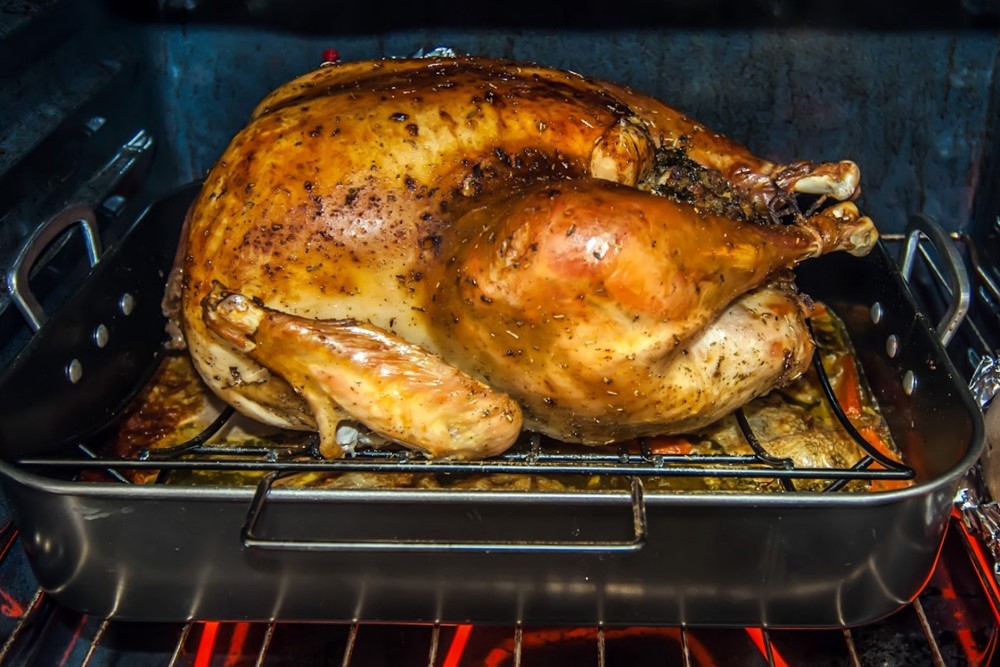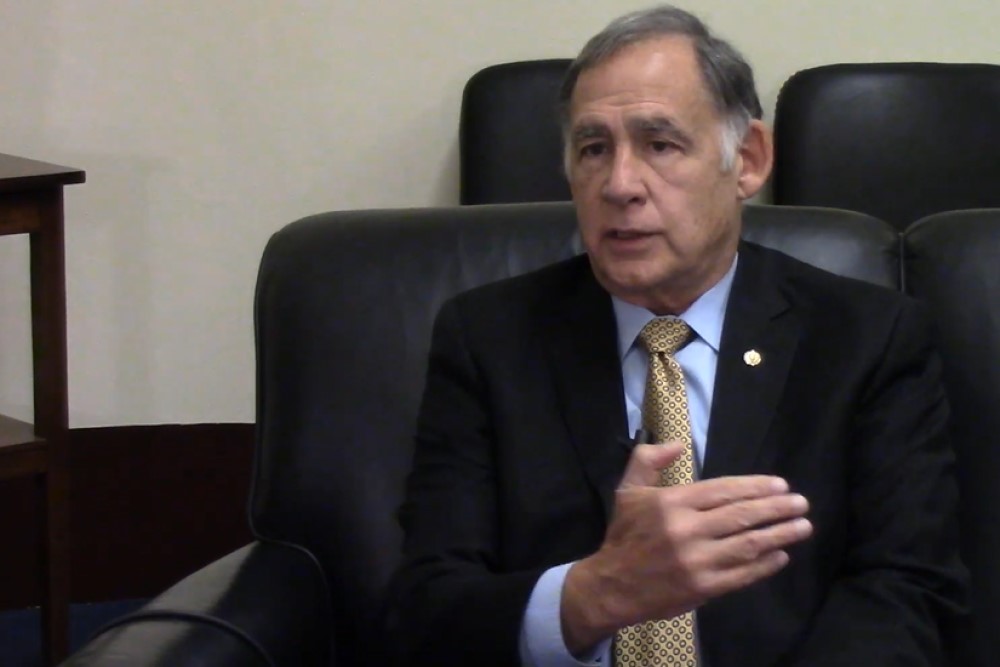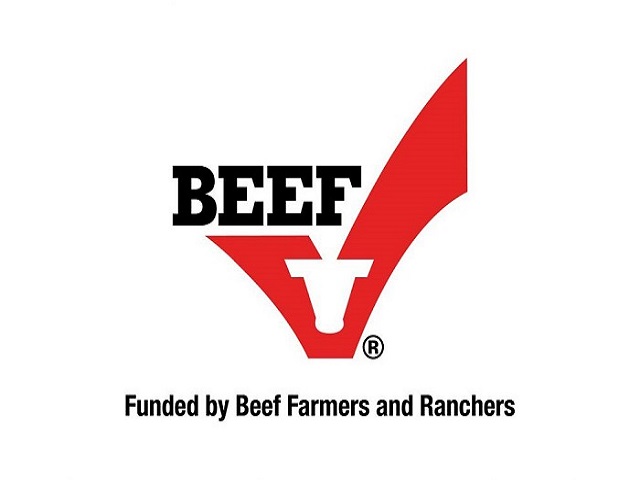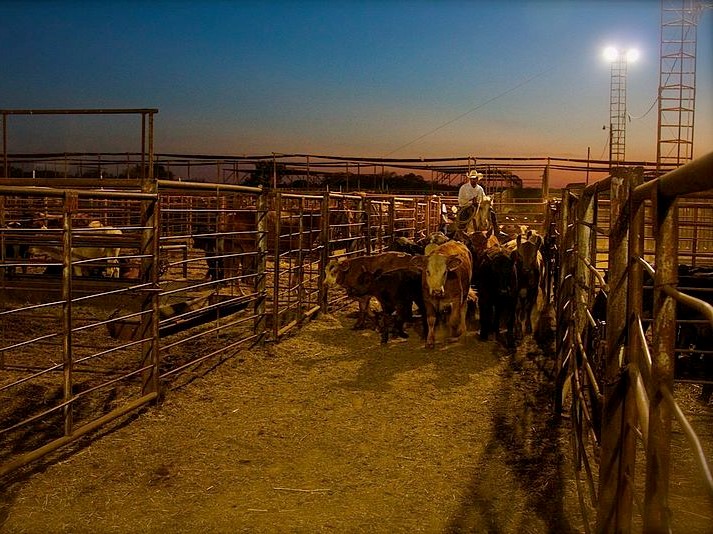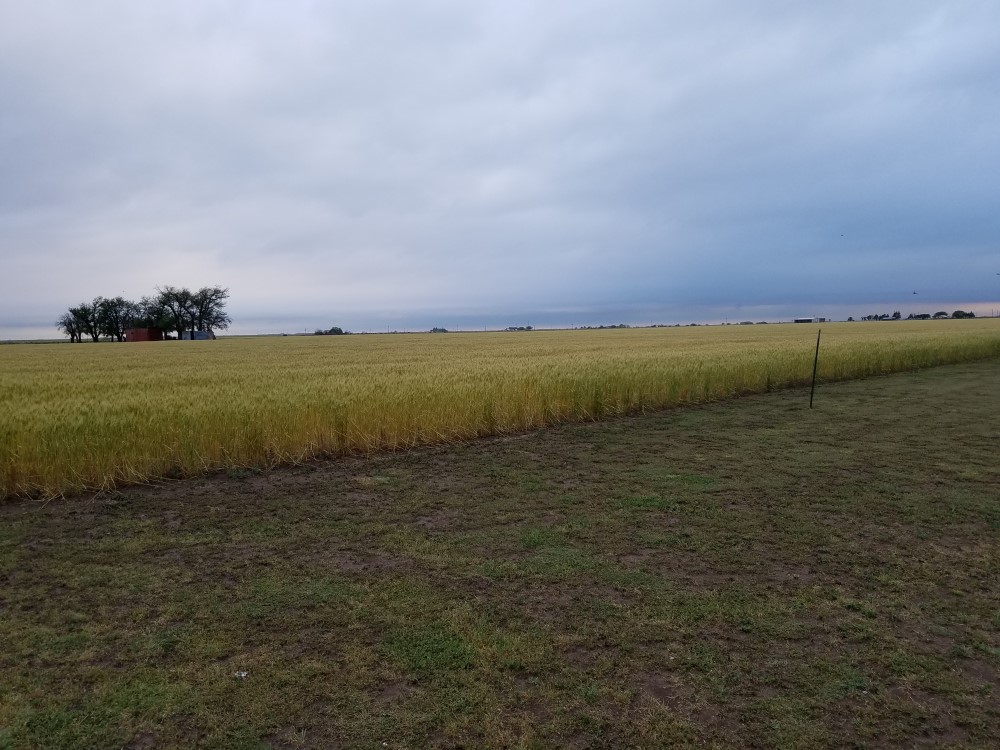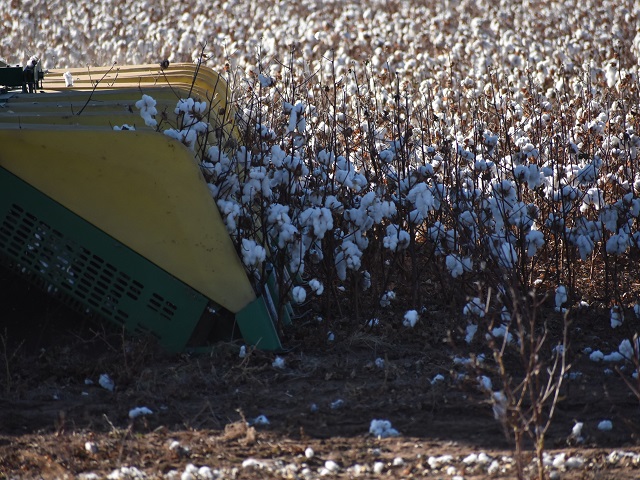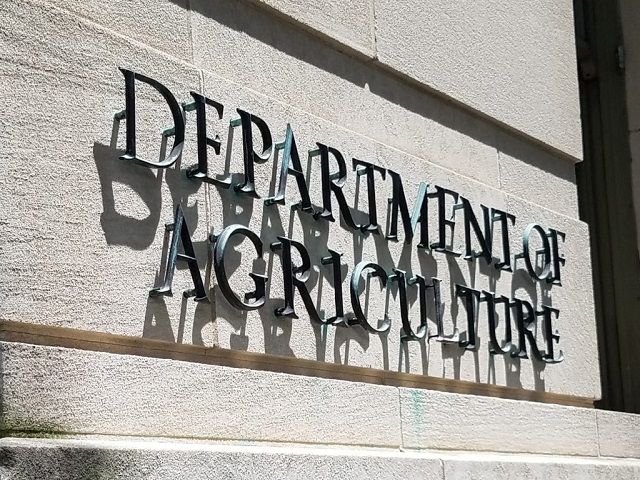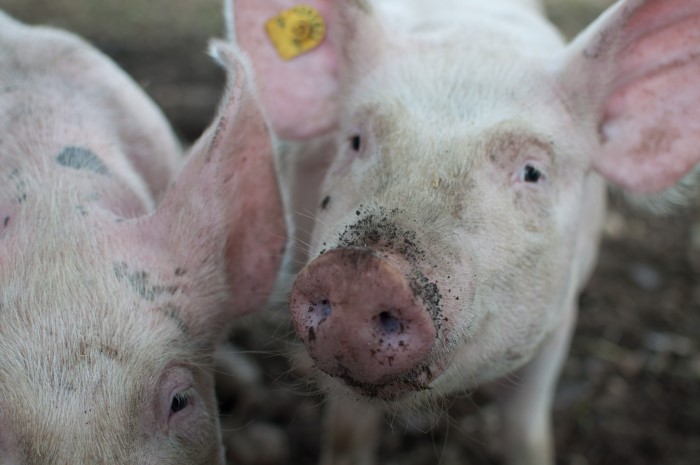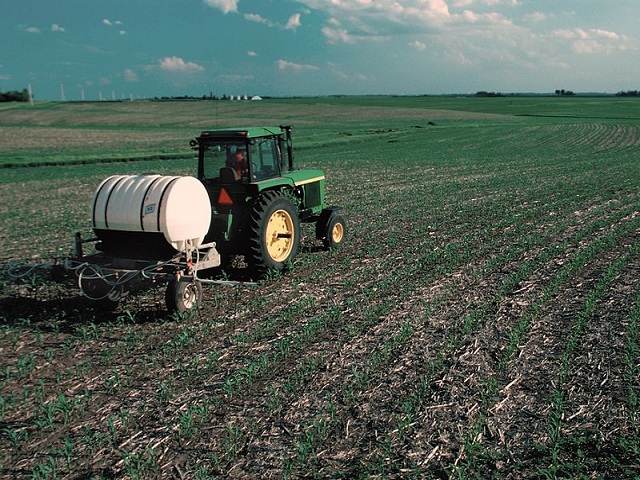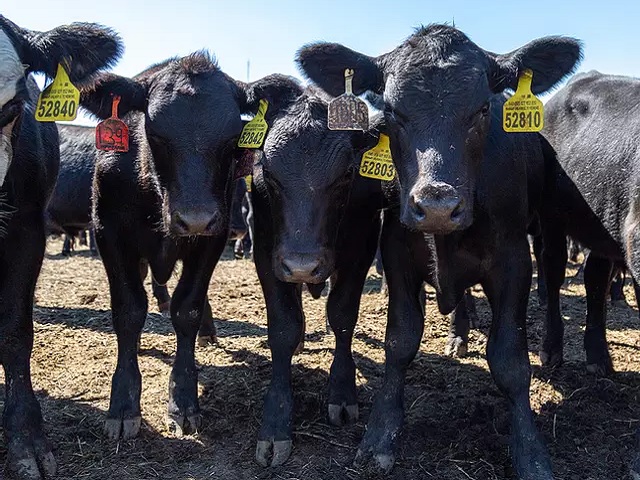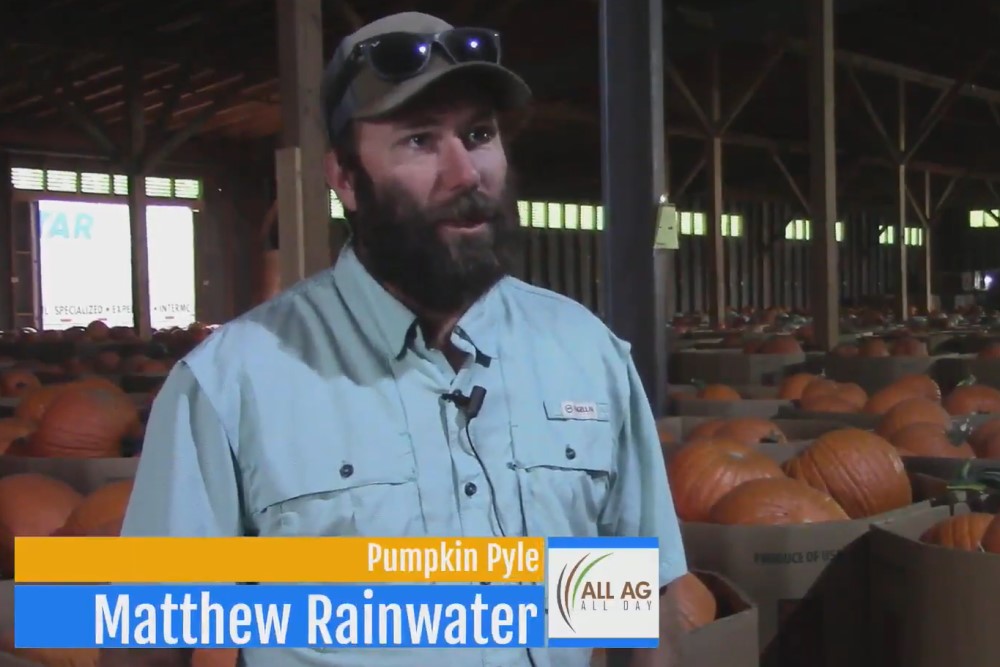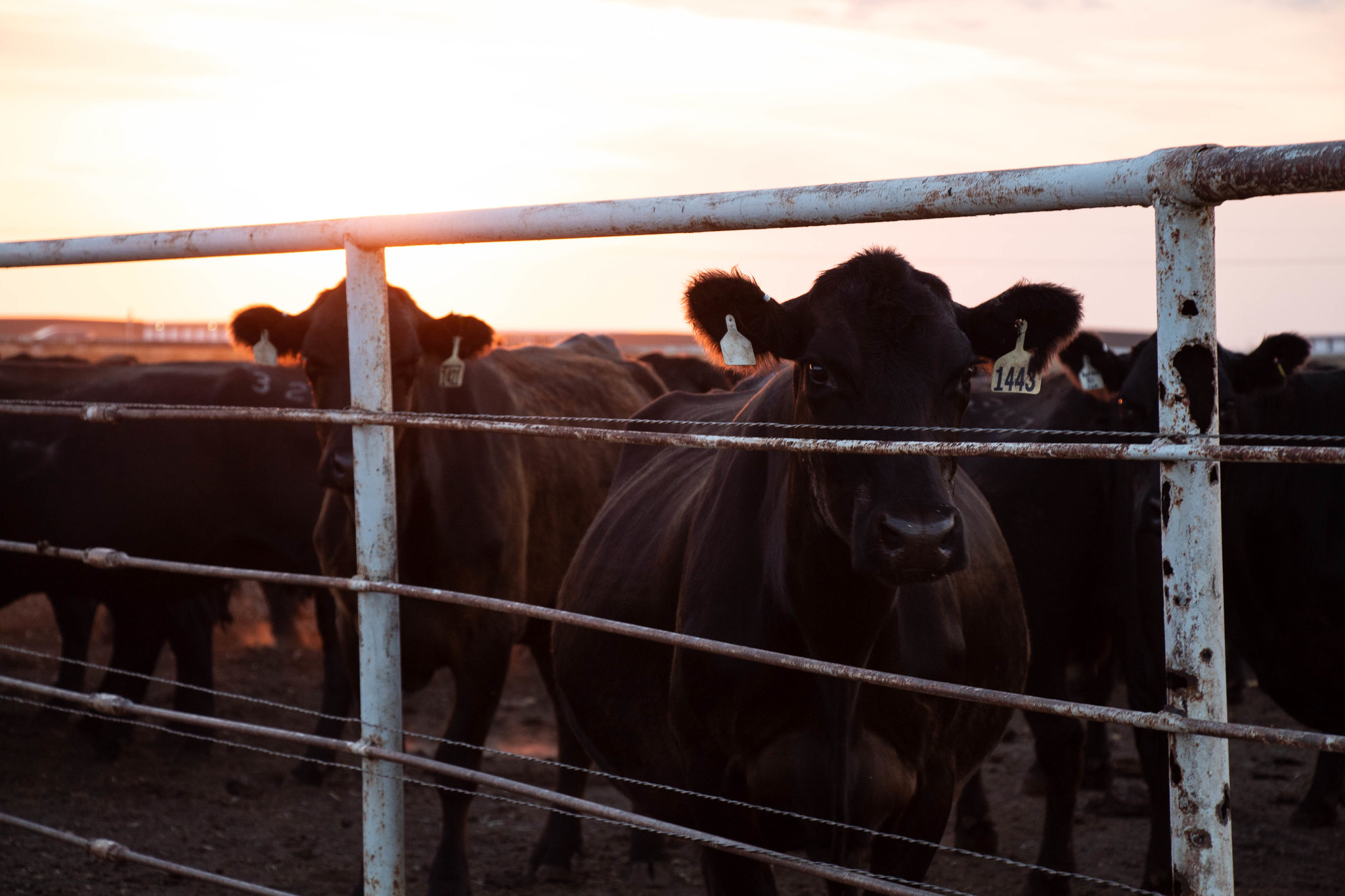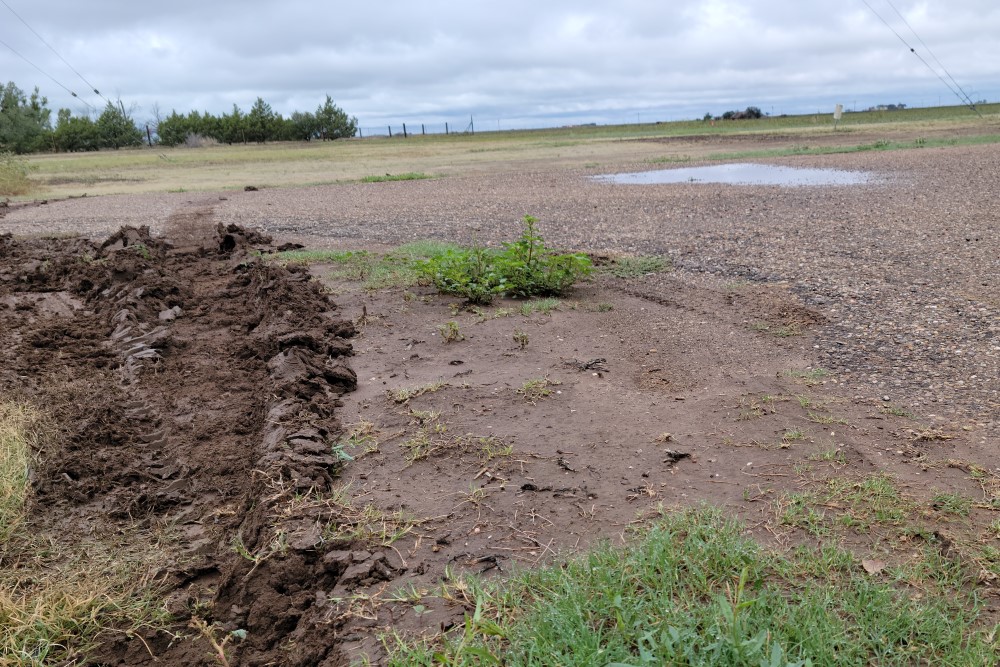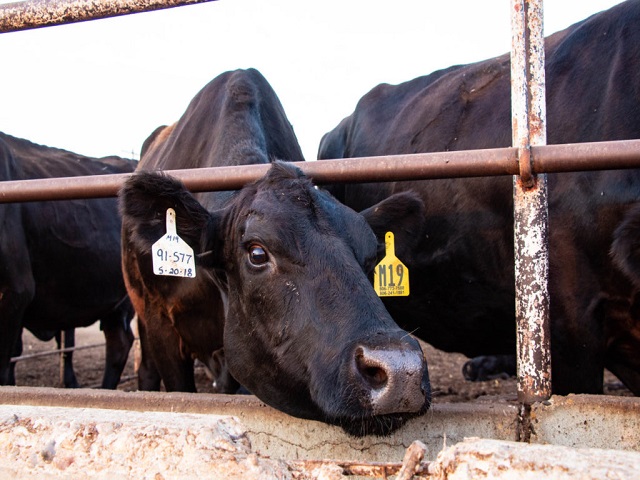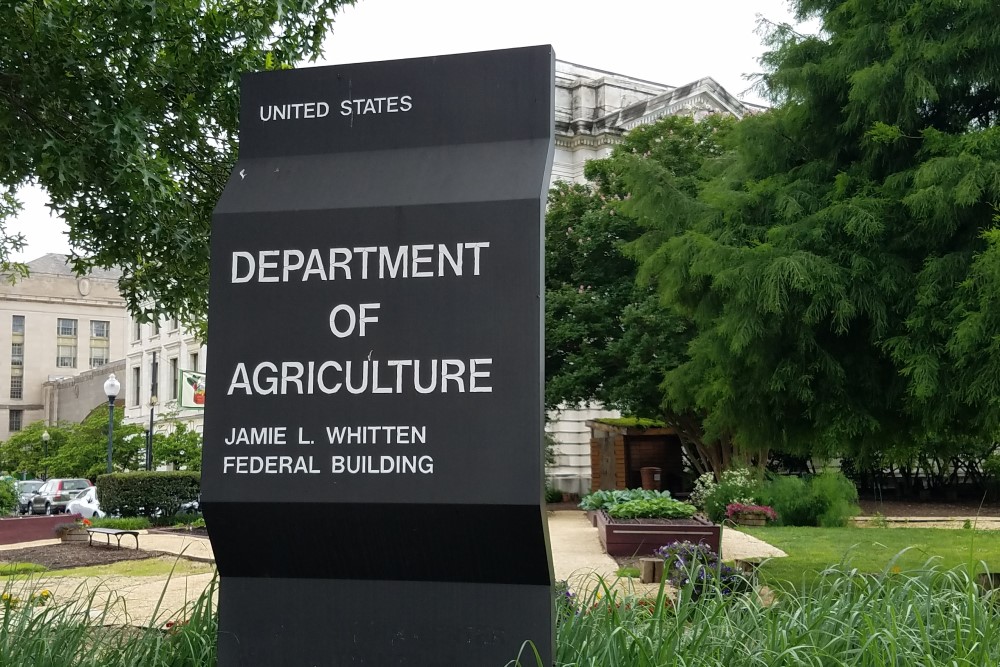Economists Question Whether Today’s Death Tax Kills Farms
WASHINGTON, DC – As many farm and commodity organizations draw attention to the potential disasters of the Federal estate tax or death tax, USDA’s Economic Research Service (ERS) is asking not how it might affect farmers and ranchers, but whether, will it affect farmers and ranchers. Since its creation in 1916, the estate tax has led to a tax on the transfer of property from a deceased person to their heirs at death. Legislation enacted over the last several years has increased the exemption amount from $675,000 in 2000 to $11.58 million in 2020. Under the present law, the estate of a person who owns assets above the exemption amount at death must file a Federal estate tax return. However, only returns that have an estate above the exemption after deductions for expenses, debts, and bequests to a surviving spouse or charity are subject to tax at a rate of 40 percent. ERS researchers estimate that about 31,000 principal farm operators died in 2020, and of those estates, only 189 (0.6 percent) will be required to file an estate tax return and only 50 (0.16 percent) will owe the death tax. Total Federal estate tax liabilities from farm estates owing taxes were forecast to be $130 million in 2020 from a total estimated estate value of $56.3 billion.
(SOURCE: All Ag News)









